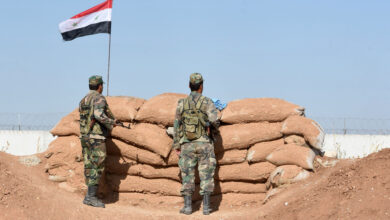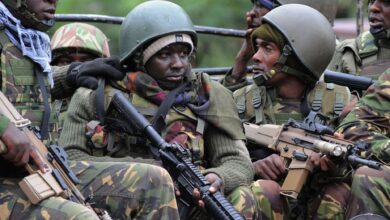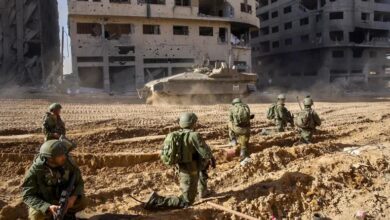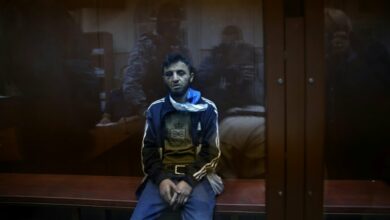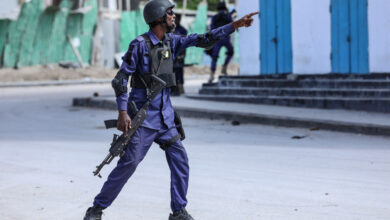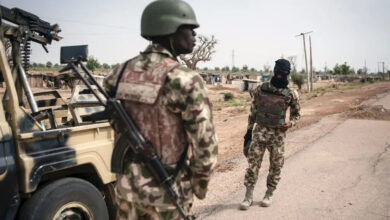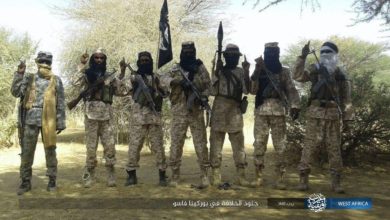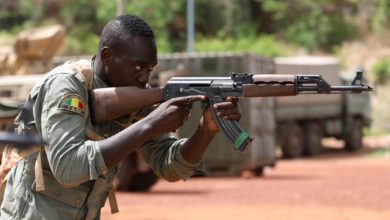The UN Security Council on Friday completely lifted an arms embargo on Somali government forces, but continued to maintain sanctions against the Al-Shabaab jihadist group.
The UN implemented a general arms embargo on Somalia in 1992, but has since largely eased it in regards to Somali forces.
The embargo did not apply to deliveries of weapons for the development of Somali security forces, although the UN committee overseeing the sanctions had to be notified and could object to certain heavy weapons.
A first resolution adopted unanimously Friday lifted the general embargo, removing the last restrictions on the Somali government.
A second resolution reimposed the arms embargo on Al-Shabaab, maintaining the ban on delivery of weapons, ammunition and military equipment to the Islamist group and “other actors intent on undermining peace and security in Somalia.”
Somali ambassador Abukar Dahir Osman welcomed the moves.
“The lifting of the arms embargo enables us to confront security threats, including those posed by al-Shabaab,” he said.
“It also allows us to bolster the capacity of the Somali security forces by accessing lethal arms and equipment to adequately safeguard our citizens and our nation.”
After making significant progress, Somalia’s offensive against Al-Shabaab has stalled for months, raising concerns about the government’s capacity to crush the 16-year insurgency led by the Al-Qaeda-linked militants.
The Somali army, in alliance with clan militias, has been supported by troops from the African Union Transition Mission in Somalia (ATMIS) in recapturing vast areas of the territory.
UN resolutions call for the ATMIS force to be reduced to zero by the end of next year, handing over security to the Somali army and police.
However, the government requested in September a three-month “technical pause” in the pullout of 3,000 troops.
The drawdown of those troops “will conclude as scheduled on December 31 of 2023,” the Somali envoy said, adding that the government was committed to the country’s forces taking over security responsibilities “within the agreed timelines.”


